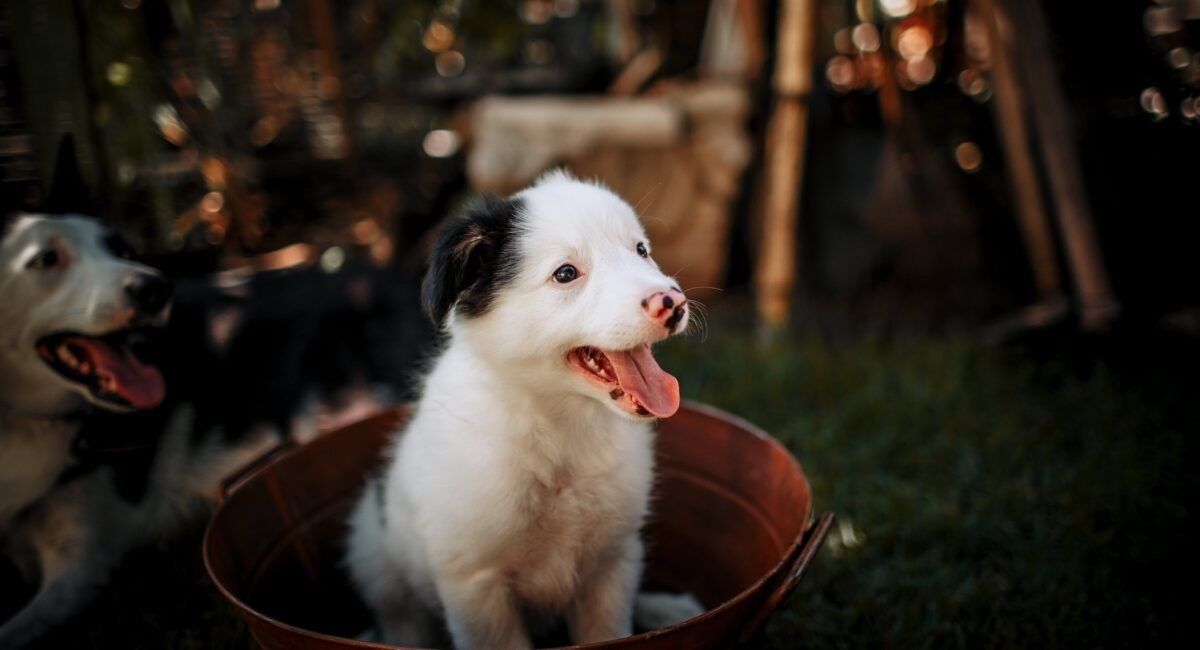10 Tips To Recognise A Good Puppy Seller
- 14 February 2024
- BuyAPet Editorial Team
- All Cats, All Dogs, BuyAPet User Articles (Support), Cats and Dogs
10 Tips to Recognise a Good Puppy Seller
Puppy mills produce millions of pups with preventable health and behaviour issues. Use these ten checks to find a responsible seller and bring home a healthy, happy puppy.
Why choosing the right seller matters
Responsible breeding supports good health, sound temperament, and ethical welfare. It saves you stress and expensive vet bills—and it’s better for dogs overall.
10 Tips to Spot a Responsible Puppy Seller
Research the breeder thoroughly
- Read genuine reviews and testimonials—watch for copy-paste “perfect” reviews.
- Check licences/registrations with reputable clubs or authorities (e.g., The Kennel Club in the UK).
- Ask about past litters and outcomes; responsible breeders are open about history.
Visit the breeding environment in person
- Clean, well-ventilated, no overcrowding or strong odours.
- Meet the dam and, if possible, the sire—observe health and temperament.
- Good breeders welcome questions about genetics, testing, and socialisation.
Scrutinise health—puppy and parents
- Look for bright eyes, clean ears/skin, steady weight, playful energy.
- Confirm breed-specific health tests on both parents (e.g., hips, elbows, eyes, DNA panels).
- Request vaccination, deworming, and vet check records.
Evaluate early socialisation
- Puppies should be confident, curious, and handled daily.
- Ask about exposure to household sounds, gentle visitors, and novel surfaces.
- Observe interactions with littermates and adults—balanced play, not constant fear.
Read the contract—don’t skip the fine print
- Clear health guarantees and what they cover (hereditary defects, time frames, next steps).
- Transparent return or lifetime take-back policy shows breeder responsibility.
- Spay/neuter and breeding rights should be explicitly stated.
Watch for red flags
- High-pressure sales or “today only” discounts.
- Unwilling or evasive about answering questions.
- Many breeds offered at once or constant availability year-round.
Expect screening—of you
- Good breeders ask about your lifestyle, schedule, and goals to ensure a fit.
- They match temperaments to homes and may keep a waitlist rather than “first come.”
Check paperwork & transparency
- Written health records, microchip details, and registration where applicable.
- Clear pedigree information and copies of parental health certificates.
Look for lifetime support
- Responsible breeders offer guidance on diet, training, and care after pickup.
- They remain a resource and want updates on how the dog is doing.
No early release—age matters
- Puppies should stay with mum/litter until at least 8 weeks (often longer by breed and local law).
- Early removal can cause behavioural and health problems.
Ready to start shortlisting?
Download a printable “Good Breeder” checklist
Take it to visits and tick off each item as you go.
FAQs
Should I buy a puppy I feel sorry for?
Buying to “rescue” funds the seller to breed more. Report concerns to the relevant authorities and consider adopting from a reputable rescue instead.
What health tests should I ask for?
It depends on breed—commonly hips/elbows, eye exams, cardiac checks, and DNA tests for known conditions. Ask your vet or the breed club for the exact panel.
Are deposits normal?
Reasonable, refundable (or clearly explained) deposits can be fine. Avoid sellers demanding full payment sight-unseen or pressuring for bank transfers.
What age should puppies go home?
Generally not before 8 weeks (and per local law). Some breeds benefit from 9–10 weeks to finish key socialisation with littermates.
This guide is general information and not legal or veterinary advice. Always follow local regulations and consult your veterinarian.
